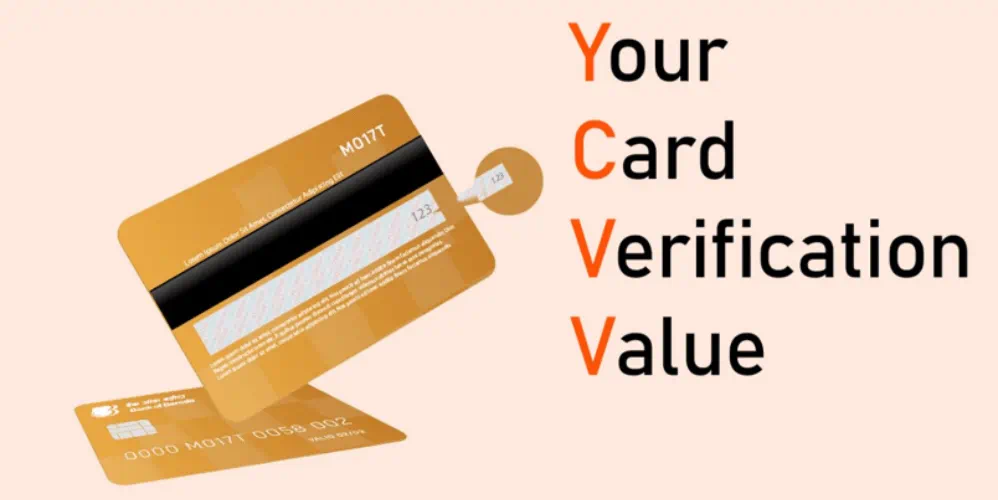
Difference between Term Insurance and Whole Life Insurance
01 मार्च 2024

Table of Content
In a world of endless options, where information flows ceaselessly, and choices multiply like rabbits, navigating the labyrinth of insurance can feel like a daunting task. And when it comes to the age-old debate between term insurance and whole life insurance, the confusion only deepens. The financial world seems to have a language of its own, a language that often leaves the average person feeling like an outsider.
What is Term Insurance?
Term insurance is like renting a policy for a specific period. It provides coverage for a predetermined term, typically ranging from 10 to 40 years. If the policyholder passes away during this period, the insurance company pays out a death benefit to the beneficiaries named in the policy.
The key advantage of term insurance is its low cost. Because it provides coverage for a set period of time, it often has lower premiums than whole life insurance. This makes it an appealing option for individuals searching for cost-effective insurance, particularly if they have transitory financial obligations such as a mortgage or children's schooling or even if they have individuals financially dependent on you.
Term insurance is simple and easy to comprehend. There are no complex investment components, nor is there any monetary value accumulation. It only provides financial protection in the event of the policyholder's premature death.
What is Whole Life Insurance?
Whole life insurance, as the name implies, provides coverage for the entire duration of the policyholder's life (typically up to 99 years). It guarantees a death benefit payout to the beneficiaries, regardless of when the policyholder passes away. In addition to the death benefit, whole life insurance also offers a savings component.
One of the key features of whole life insurance is that it accumulates savings pool over time and may also provide income. A portion of the premium you pay goes towards building this savings/ income component, which may grow at a guaranteed rate set by the insurance company. This cash value may be accessed during the policyholder's lifetime through loans or withdrawals, providing a potential source of funds for emergencies, retirement, or other financial needs.
Also Read: What is Life Insurance - Meaning, Types & Benefits
Compared to term insurance, whole life insurance has higher premiums due to the lifetime coverage and the savings/ income feature. It is designed for individuals seeking long-term financial protection, estate planning, or those who want to leave a legacy to their beneficiaries.
Term Life Insurance vs. Whole Life Insurance :
1. Coverage Duration :
Term insurance covers a specific period, while whole life insurance provides coverage for the policyholder's entire life.
2. Premiums
Term insurance typically has lower premiums since it offers coverage for a limited term. Whole life insurance has higher premiums due to the lifelong coverage and savings + cash value component.
3. Savings Component :
Whole life insurance builds savings/ pays out income over time, which can be retrieved at any moment during the policyholder's life. There is usually no financial value component to term insurance; new age options like return of premium do offer the benefit of premiums paid back to the life assured in case of survival till the end of the policy term.
Factors to Consider When Choosing Between Term and Whole Life Insurance :
Several factors should be considered before deciding which type of insurance is right for you:
1. Affordability :
Term insurance offers lower premiums, making it more affordable for individuals with a limited budget.
2. Coverage Duration :
If you need insurance coverage for a specific period, such as until your children become financially independent or your mortgage is paid off, term insurance may be suitable.
3. Long-term Financial Goals :
Whole life insurance provides lifelong coverage and the opportunity to accumulate savings, making it suitable for individuals who want insurance as well as funds for future goals.
4. Flexibility :
Whole life insurance offers more flexibility in terms of policy customization, such as the option to add riders or increase coverage over time.
How to Decide Which Type of Insurance is Right for You?
To determine the right type of life insurance for your needs , consider the following steps:
- Assess your financial goals and obligations, such as income replacement, mortgage, education expenses, or any outstanding debts.
- Determine the required coverage amount and duration based on your goals and obligations.
- Evaluate your budget and affordability to ensure you can comfortably pay the premiums.
- Consider your long-term investment and savings strategy, as whole life insurance can act as a component of your financial plan.
- Consult with a trusted insurance advisor or financial planner who can guide you through the decision-making process and help you choose the most suitable option.
Conclusion :
Term insurance and whole life insurance serve different purposes and cater to distinct financial needs. Term insurance is a low-cost tool for people looking for coverage for a certain period of time. Whole life insurance provides lifelong protection and adds savings or income benefit for future goals. Understanding these differences and considering your financial circumstances will help you make an informed decision that aligns with your goals and priorities. Remember, it's always a good idea to consult with a financial advisor or insurance professional who can provide personalized guidance based on your individual situation.
Popular Articles
What is Tenure in a Personal Loan and How to Choose the Loan Tenure Smartly?
Related Articles



What is CVV on a Debit Card? Understanding Its Importance and Security Features


How to Update Your FASTag KYC: Step-by-Step Guide for Online & Offline Methods




The Importance of Pension Funds: Secure Your Future with Steady Retirement Income

-
डिस्क्लेमर
इस लेख/इन्फोग्राफिक/चित्र/वीडियो की सामग्री का उद्देश्य केवल सूचना से है और जरूरी नहीं कि यह बैंक ऑफ बड़ौदा के विचारों को प्रतिबिंबित करे। सामग्री प्रकृति में सामान्य हैं और यह केवल सूचना मात्र है। यह आपकी विशेष परिस्थितियों में विशिष्ट सलाह का विकल्प नहीं होगा । बैंक ऑफ बड़ौदा और/या इसके सहयोगी और इसकी सहायक कंपनियां सटीकता के संबंध में कोई प्रतिनिधित्व नहीं करती हैं; यहां निहित या अन्यथा प्रदान की गई किसी भी जानकारी की पूर्णता या विश्वसनीयता और इसके द्वारा उसी के संबंध में किसी भी दायित्व को अस्वीकार करें। जानकारी अद्यतन, पूर्णता, संशोधन, सत्यापन और संशोधन के अधीन है और यह भौतिक रूप से बदल सकती है। इसकी सूचना किसी भी क्षेत्राधिकार में किसी भी व्यक्ति द्वारा वितरण या उपयोग के लिए अभिप्रेत नहीं है, जहां ऐसा वितरण या उपयोग कानून या विनियमन के विपरीत होगा या बैंक ऑफ बड़ौदा या उसके सहयोगियों को किसी भी लाइसेंसिंग या पंजीकरण आवश्यकताओं के अधीन करेगा । उल्लिखित सामग्री और सूचना के आधार पर किसी भी वित्तीय निर्णय लेने के लिए पाठक द्वारा किए गए किसी भी प्रत्यक्ष/अप्रत्यक्ष नुकसान या देयता के लिए बैंक ऑफ बड़ौदा जिम्मेदार नहीं होगा । कोई भी वित्तीय निर्णय लेने से पहले अपने वित्तीय सलाहकार से सलाह जरूर लें।
Importance of Insurance in Protecting Your Financial Future
In this vast and unpredictable world, we are all trying to navigate the twists and turns that life presents us with. It may sound like a doomsayer, but it's essential to acknowledge the realities that can disrupt our carefully constructed plans. And that's precisely where the concept of insurance steps in to lend a helping hand.
Different Types of Life Insurance - Which One is Right for You?
Getting a life insurance policy is one of the most responsible decisions you could ever take, as it ensures that your near and dear ones are not left behind without financial support in case of an unforeseen event. It stands as a crucial financial safeguard, offering protection and security for loved ones in the event of an unexpected tragedy. However, navigating the world of life insurance can be overwhelming due to the multitude of options available. Understanding the various types of life insurance can help individuals make informed decisions that align with their needs and financial goals, while safeguarding their loved ones.

